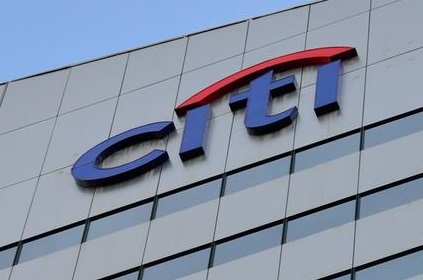The US economy is expected to enter a recession in the middle of 2024, according to Citi, ending the dream of a soft landing.
Andrew Hollenhorst, the top US economist at Citi, stated in a CNBC interview that “There’s this very powerful and seductive narrative around a soft landing, and we’re just not seeing it in the data.”
At first glance, the data appears to be excellent: the economy is experiencing record low unemployment, solid GDP growth, and strong consumer spending.
However, the figures reveal more after the first glance.
“The question is where are these forward-looking indicators showing us that we’re going to go,” said Hollenhorst.
The labor market is one area where the economy is underperforming. 353,000 new jobs were added to the economy in January, according to a stunning jobs report. However, if you look closer, Hollenhorst pointed out that there are fewer people working full-time, fewer hours being worked, and some industries—like the restaurant business, for example—are not hiring.
The labor market’s actions are crucial to the economy, according to Hollenhorst. “If the unemployment rate stays low, people continue to spend, the economy holds up.” However, he continued, there was a chance that the jobless rate would begin to rise, which would be “the sign that we’re going to have a more material decline in the US economy.”
Inflation is still too high, according to Hollenhorst. A stronger-than-expected increase in monthly inflation was revealed by this week’s consumer price index data, which sent equities lower on Tuesday.
There is an increase in credit-card delinquency rates. As one in every twelve credit cardholders misses their payments, leading economist David Rosenberg claims that the cycle of consumer credit default has already begun.
“There may be some consumers out there with excess savings, but those consumers exposed to floating credit-card debt with higher rates now, that have been pulling on those excess savings to continue to consume, continue to spend, now those delinquencies are picking up,” Hollenhorst said.
Furthermore, retail sales figures are also revealing consumer weakness. With a 0.8% decrease in January, the data released on Thursday revealed a sharp dip in activity.
In his pessimism, Hollenhorst is not alone. The idea that a gentle landing is now the “least likely” scenario was recently reiterated by Torsten Sløk of Apollo Management.

